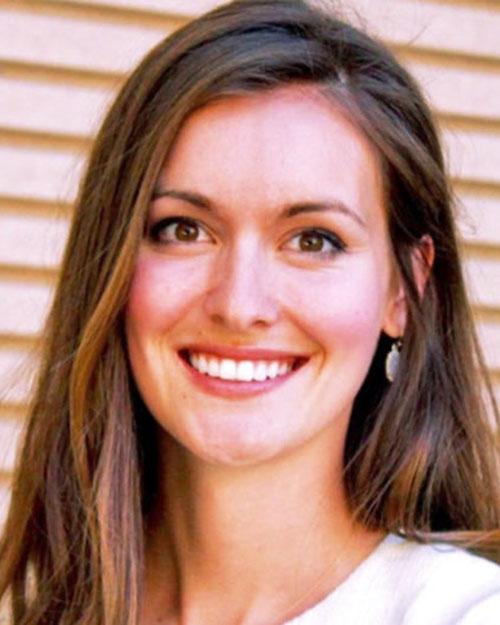-
About
- Leadership & Faculty
- News & Events
-
Academics
- Graduate
- Advanced Clinical Training
- Continuing Education
- Academic Departments
- Academic Offices
- Simulation Experiences
-
Student Life
- Offices
-
Research
-
Hospitals & Clinics
- Emergency Care
- Hospital Services
-
Community Outreach
- Volunteer

Education
- J.D. Stanford Law School 2017
- M.S. in Animals and Public Policy, Tufts University, 2014
- B.A. in Classics, Minor in Economics, Davidson College, 2013
Biography
What were you doing before entering the Masters in Animals and Public Policy (MAPP) program?
I graduated from Davidson College the spring before I started MAPP, and worked for a wildlife rehabilitation center in rural Kansas over the summer which cared for animals from opossums to owls.
What aspects of MAPP led to your decision to join the program?
I have always been interested in animal issues, but had never considered this passion point as something that I could actually build a career out of. Once I realized that this was possible—to work in the field of animal protection—I went about trying to figure out how to “do” that. When I found the MAPP program it seemed like a great entrypoint for this, one that provides students with a broadbase, especially when they aren’t sure yet which area within the field they’d like to focus on, or, like me, are interested in everything.
Tell us about your MAPP project or preceptorship. In what ways did it help you form your career goals?
For my externship, I interned with different divisions of the Fish and Wildlife Department. I spent time with a Special Agent who investigates wildlife crime, with a habitat restoration team that worked to protect lands on the Florida Panther national Wildlife Refuge, and lastly with import/export inspectors who inventory and approve live wildlife entering the country to ensure it does not violate U.S. or International Conservation Laws. Working with these investigators and inspectors in Florida helped me develop my final project, which looks at data from Endangered Species Act cases to determine whether phylogenetic relatedness (a measure of an animal’s similarity to humans) had an impact on trial outcomes. This allowed me to explore the area I work in now— at the intersection of animal law and policy.
What did you enjoy most about participating in MAPP?
The MAPP program provided a forum as well as facilitators for open discussion. I felt as if we were able to address important issues in a way that was both accepting as well as educational. However, I was most impressed by the faculty. Nowhere have I found a more committed collection of professors and staff. Seeing their passion and getting a glimpse of the work that they’re doing was perhaps my favorite part of the whole experience.
What are your outside interests?
If we mean literally outside, I like to hike with my large and loveable hiking companions (dogs). I also keep bees. We have two hives in our backyard and are hoping to add a third next summer.
Number of pets? What?
I have two majestic beasts: Coach is a big, black Newfoundland who is scared of his own shadow. And the other is Lutsen, a red retriever and lover of laps.
Is there anything else you would like to share with prospective MAPP students?
This program is so short: blink, and you’ll miss it. Everything goes very quickly, so try to take in as much as you can.